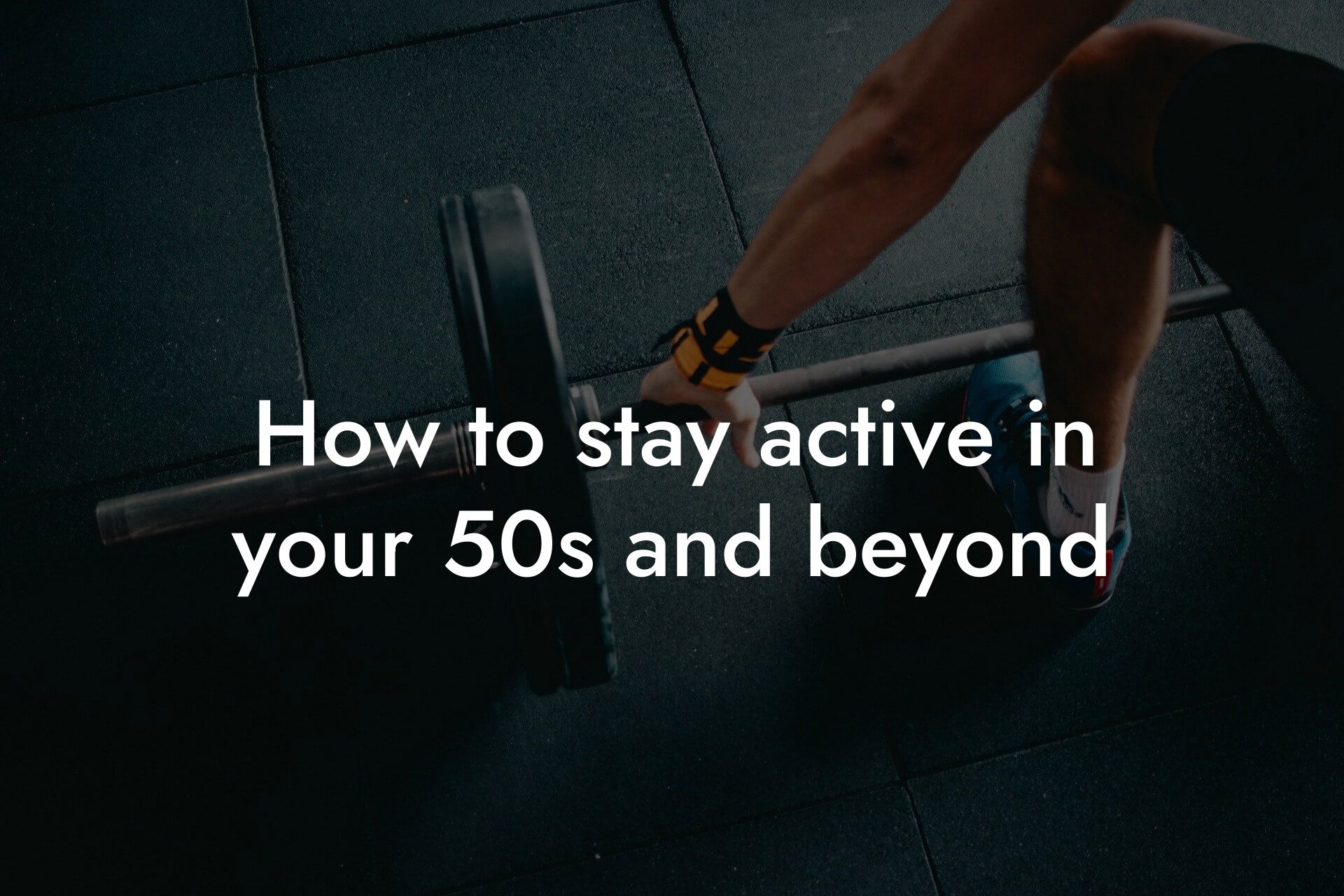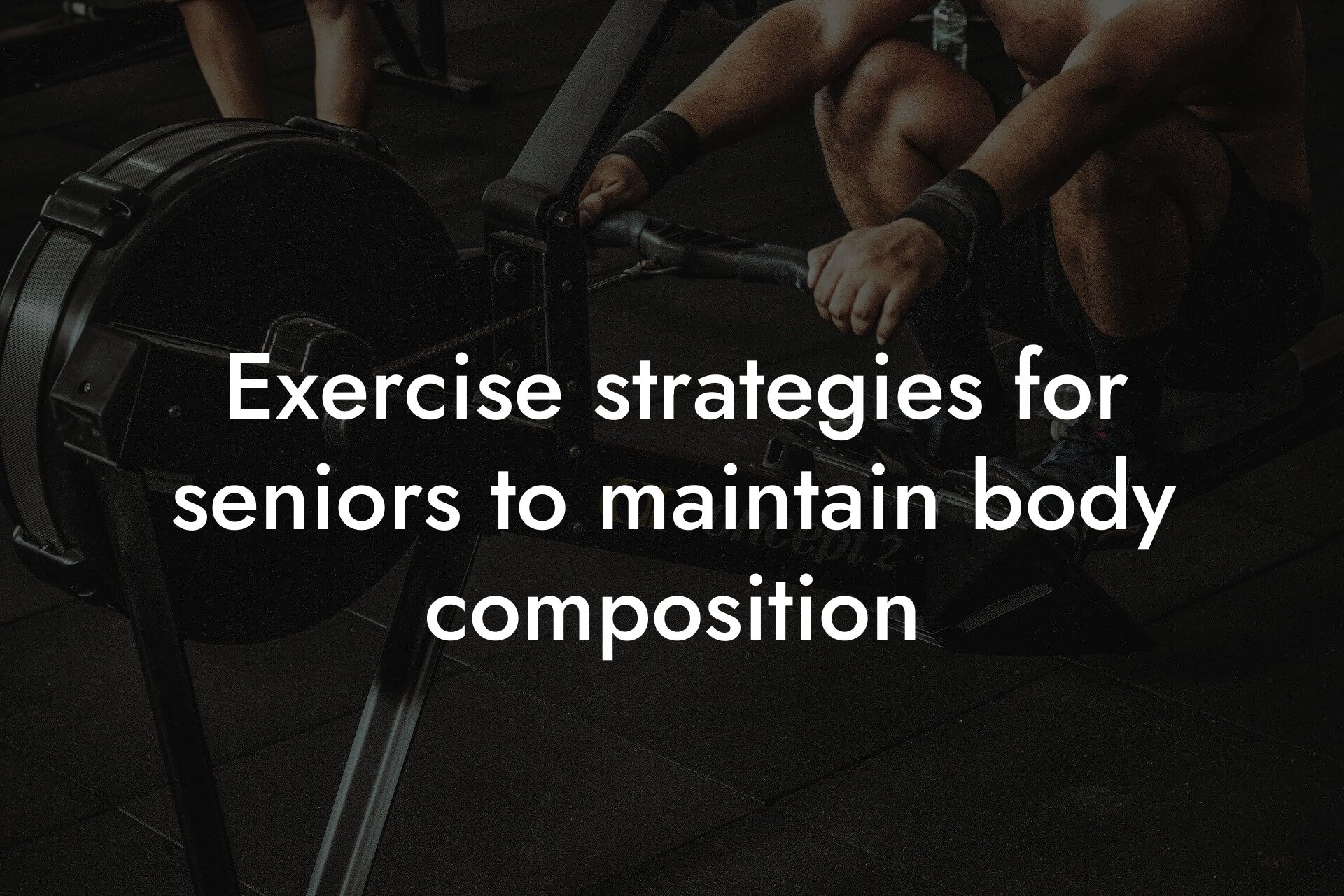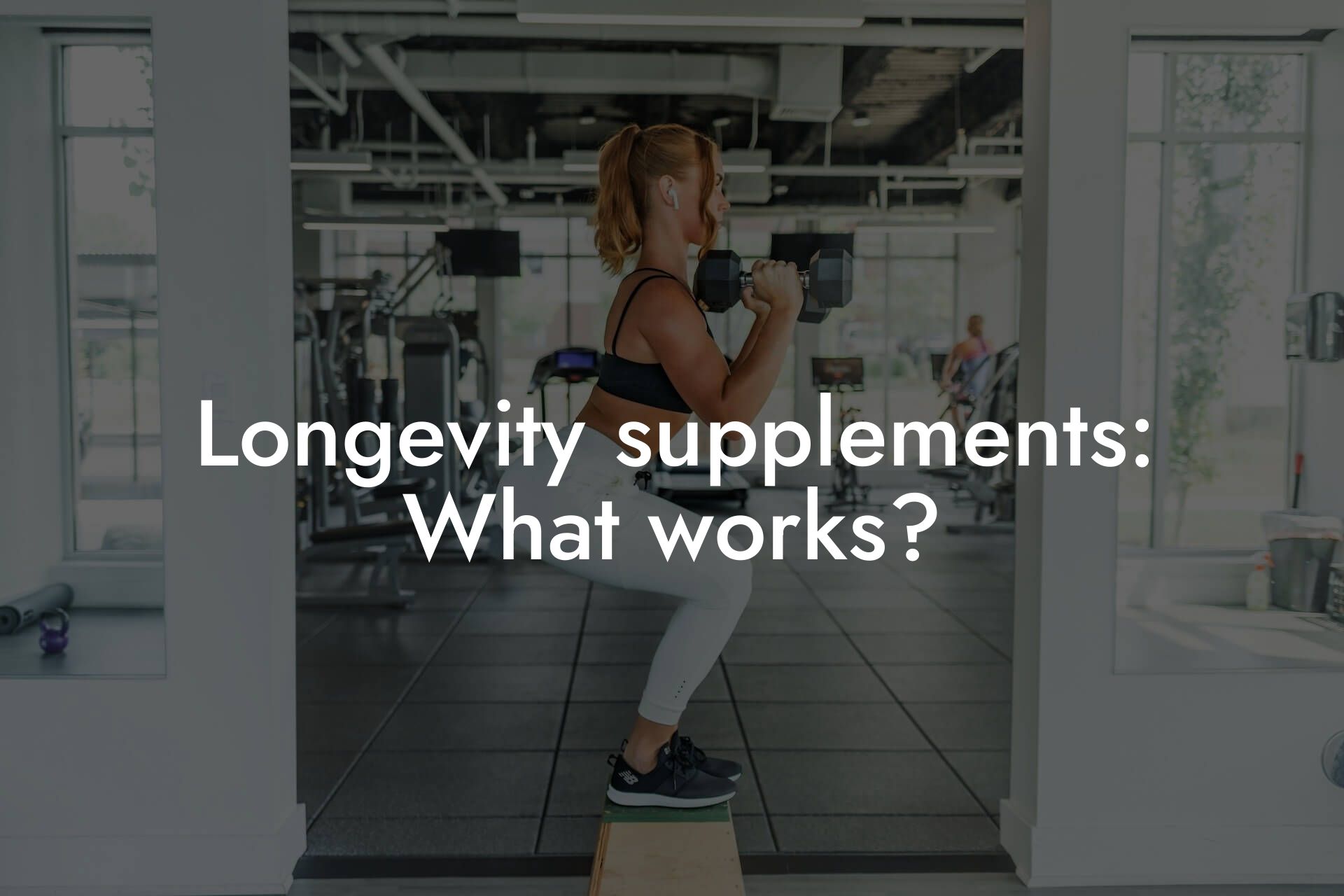As high-earning professionals, you understand the importance of taking care of your physical appearance and overall health. One crucial aspect of health that often gets overlooked is bone density. As we age, our bone density naturally decreases, leading to a higher risk of osteoporosis, fractures, and other bone-related health issues. However, with the right knowledge and strategies, you can maintain strong bones and reduce the risk of these problems.
Table of Contents
What is Bone Density?
Bone density refers to the amount of minerals, such as calcium and phosphorus, in your bones. The higher your bone density, the stronger and healthier your bones are. Peak bone density is typically reached in early adulthood, around age 25-30. After that, bone density gradually decreases, especially in older adults.
Risk Factors for Low Bone Density
Several factors can increase your risk of low bone density, including:
- Age: Bone density naturally decreases with age.
- Gender: Women, especially after menopause, are more likely to experience bone loss.
- Family history: Having a family history of osteoporosis or bone fractures increases your risk.
- Diet: A diet low in calcium and vitamin D can contribute to bone loss.
- Sedentary lifestyle: Lack of physical activity can lead to weaker bones.
- Certain medications: Long-term use of corticosteroids, anticonvulsants, and certain antidepressants can affect bone density.
How to Maintain Bone Density
Fortunately, there are several ways to maintain strong bones and reduce the risk of osteoporosis:
- Calcium and Vitamin D supplementation: Ensure you're getting enough calcium (1,000-1,200 mg/day) and vitamin D (600-800 IU/day) through your diet or supplements.
- Exercise regularly: Engage in weight-bearing exercises, such as walking, running, or weightlifting, for at least 30 minutes, three times a week.
- Strength training: Incorporate strength training exercises into your routine to target multiple muscle groups.
- Get enough sleep: Aim for 7-9 hours of sleep per night to help regulate hormones that affect bone health.
- Manage stress: High levels of stress can lead to increased cortisol production, which can negatively impact bone density.
- Limit alcohol and caffeine: Excessive consumption of these substances can interfere with calcium absorption and bone health.
The Importance of DEXA Scans
A Dual-Energy X-ray Absorptiometry (DEXA) scan is a non-invasive test that measures bone density. It's an essential tool for assessing bone health and identifying potential issues early on. At Tano Performance Group, we offer comprehensive DEXA scans as part of our body assessment services. Our state-of-the-art DEXA machine provides a detailed analysis of your bone density, body composition, and other health metrics.
How Often Should You Get a DEXA Scan?
The frequency of DEXA scans depends on your individual risk factors and health status. Generally, it's recommended to get a DEXA scan:
- Every 2-3 years for women under 65 and men under 70.
- Every 1-2 years for women over 65 and men over 70.
- More frequently if you have a history of osteoporosis, fractures, or other bone-related health issues.
Lifestyle Changes for Stronger Bones
In addition to the strategies mentioned earlier, making the following lifestyle changes can support bone health:
- Incorporate bone-healthy foods: Eat a balanced diet rich in calcium, vitamin D, and other bone-friendly nutrients, such as leafy greens, fortified dairy products, and fatty fish.
- Stay hydrated: Drink plenty of water to help maintain bone health.
- Get enough sunlight: Moderate sun exposure can help boost vitamin D levels.
- Manage underlying health conditions: Certain health conditions, such as hypothyroidism or celiac disease, can affect bone health. Managing these conditions can help reduce the risk of bone loss.
Maintaining strong bones is crucial for overall health and well-being. By understanding the risk factors for low bone density, making lifestyle changes, and incorporating regular DEXA scans into your health routine, you can take control of your bone health. At Tano Performance Group, we're committed to helping high-earning professionals like you achieve optimal physical performance and appearance. Schedule a DEXA scan today and take the first step towards stronger, healthier bones.
Frequently Asked Questions
What is bone density, and why is it important?
Bone density refers to the measure of how dense and strong your bones are. It's an important indicator of your overall bone health, as it can affect your risk of osteoporosis, fractures, and other bone-related disorders. Maintaining healthy bone density is crucial, especially as you age, to ensure you can live an active and independent life.
What causes bone density loss?
Bone density loss can occur due to various factors, including hormonal changes, vitamin deficiencies, lack of exercise, and certain medical conditions. As you age, your body naturally loses bone mass, but a sedentary lifestyle, poor diet, and genetics can accelerate this process.
How can I maintain bone density as I age?
To maintain bone density, focus on a balanced diet rich in calcium and vitamin D, engage in regular weight-bearing exercises, and manage underlying health conditions. Additionally, consider incorporating resistance training and high-impact activities into your routine to stimulate bone growth.
What are the risk factors for low bone density?
Risk factors for low bone density include advancing age, family history, petite or thin build, certain medications, and medical conditions such as rheumatoid arthritis or thyroid disorders. Additionally, a diet low in calcium and vitamin D, smoking, and excessive alcohol consumption can increase your risk.
How does exercise impact bone density?
Exercise, especially weight-bearing and resistance training, can significantly improve bone density by stimulating bone growth and strengthening muscles. Activities like running, jumping, and weightlifting can help build strong bones, while exercises like yoga and Pilates can improve flexibility and balance.
What are the best exercises for bone density?
The best exercises for bone density include weight-bearing activities like walking, jogging, and jumping, as well as resistance training exercises like squats, lunges, and deadlifts. High-impact activities like tennis, basketball, and volleyball can also be beneficial. Aim for at least 30 minutes of moderate-intensity exercise per day.
How does diet impact bone density?
A diet rich in calcium and vitamin D is essential for maintaining healthy bone density. Foods high in calcium include dairy products, leafy greens, and fortified cereals, while vitamin D can be found in fatty fish, egg yolks, and fortified dairy products. A well-balanced diet that includes these nutrients can help support bone health.
What are the best foods for bone density?
The best foods for bone density include calcium-rich foods like milk, cheese, and yogurt, as well as vitamin D-rich foods like salmon, mackerel, and fortified cereals. Additionally, foods high in magnesium, potassium, and vitamin K, such as dark leafy greens, nuts, and seeds, can also support bone health.
Can supplements help with bone density?
While supplements can be beneficial, it's essential to consult with a healthcare professional before adding them to your routine. Calcium and vitamin D supplements can help fill nutritional gaps, but it's crucial to choose high-quality supplements and follow the recommended dosages.
How often should I get a bone density test?
The frequency of bone density tests depends on your age, risk factors, and medical history. Generally, women over 65 and men over 70 should get a bone density test every 2-3 years. If you have a higher risk of osteoporosis, your healthcare provider may recommend more frequent testing.
What is osteoporosis, and how is it related to bone density?
Osteoporosis is a condition characterized by brittle and porous bones, making them prone to fractures. Low bone density is a primary risk factor for osteoporosis, which can lead to debilitating fractures, especially in the hips, spine, and wrists.
Can I improve my bone density if I already have osteoporosis?
While it's more challenging to improve bone density with osteoporosis, it's not impossible. With the guidance of a healthcare professional, you can develop a personalized plan that includes exercise, nutrition, and potentially medication to slow down bone loss and reduce fracture risk.
How does menopause affect bone density?
Menopause can lead to a rapid decline in bone density due to the decrease in estrogen levels. This hormonal change can cause bones to become thinner and more brittle, increasing the risk of osteoporosis and fractures.
How does testosterone impact bone density in men?
Testosterone plays a crucial role in maintaining bone density in men. Low testosterone levels, often seen in older men, can contribute to bone loss and increased fracture risk. Maintaining healthy testosterone levels through a balanced diet, exercise, and potentially supplementation can help support bone health.
Can I maintain bone density if I have a family history of osteoporosis?
While a family history of osteoporosis increases your risk, it's not a guarantee you'll develop the condition. By focusing on a healthy lifestyle, including a balanced diet, regular exercise, and managing underlying health conditions, you can reduce your risk and maintain healthy bone density.
How does smoking affect bone density?
Smoking can significantly reduce bone density by decreasing calcium absorption, reducing estrogen levels, and damaging bone cells. Quitting smoking can help improve bone health and reduce the risk of osteoporosis and fractures.
Can I improve my bone density if I have a sedentary job?
Even with a sedentary job, you can take steps to improve your bone density. Try to incorporate short breaks for exercise, take the stairs instead of the elevator, and engage in weight-bearing activities outside of work. Every bit counts, and small changes can add up over time.
How does stress impact bone density?
Chronic stress can negatively impact bone density by increasing cortisol levels, which can lead to bone loss. Engaging in stress-reducing activities like yoga, meditation, or deep breathing exercises can help mitigate the effects of stress on bone health.
Can I maintain bone density if I have a medical condition?
While certain medical conditions, such as rheumatoid arthritis or thyroid disorders, can increase your risk of bone density loss, it's not impossible to maintain healthy bones. Work with your healthcare provider to develop a personalized plan that addresses your specific condition and promotes bone health.
How does sleep impact bone density?
Adequate sleep is essential for bone health, as it allows your body to repair and rebuild bones. Aim for 7-9 hours of sleep per night to support bone density and overall health.
Can I improve my bone density if I'm already experiencing bone loss?
While it's more challenging to improve bone density once you've already experienced bone loss, it's not impossible. With the guidance of a healthcare professional, you can develop a personalized plan that includes exercise, nutrition, and potentially medication to slow down bone loss and reduce fracture risk.
How does age impact bone density?
Aging is a natural risk factor for bone density loss, as your body's ability to absorb calcium and vitamin D decreases over time. However, by focusing on a healthy lifestyle, including a balanced diet, regular exercise, and managing underlying health conditions, you can reduce your risk of bone density loss and maintain healthy bones.
What are the consequences of low bone density?
The consequences of low bone density can be severe, including increased risk of osteoporosis, fractures, and debilitating injuries. Additionally, low bone density can lead to a loss of independence, decreased quality of life, and even premature mortality.
Here are some related articles you might love...
- How to stay active in your 50s and beyond
- Exercise strategies for seniors to maintain body composition
- Longevity supplements: What works?
- The impact of aging on muscle mass
- Anti-inflammatory diets and their effect on aging
- The impact of aging on metabolic rate
- The role of telomeres in aging and fitness
- Sarcopenia: Preventing muscle loss with age
- Anti-aging diets: Fact or fiction?
Zak Faulkner
Zak Faulkner is a leading authority in the realm of physical health and body composition analysis, with over 15 years of experience helping professionals optimise their fitness and well-being. As one the experts behind Tano Performance Group, Zak has dedicated his career to providing in-depth, science-backed insights that empower clients to elevate their physical performance and overall health.
With extensive knowledge of DEXA technology, Zak specializes in delivering comprehensive body assessments that offer precise data on body fat, muscle mass, bone density, and overall physique. His expertise enables individuals to make informed decisions and achieve their fitness goals with accuracy and confidence. Zak’s approach is rooted in a deep understanding of human physiology, combined with a passion for helping clients unlock their full potential through personalised strategies.
Over the years, Zak has earned a reputation for his commitment to excellence, precision, and client-focused service. His guidance is trusted by top professionals who demand the best when it comes to their health. Whether advising on fitness programs, nutritional strategies, or long-term wellness plans, Zak Faulkner’s insights are a valuable resource for anyone serious about taking their health and fitness to the next level.
At Tano Performance Group, Zak continues to lead our Content Team revolutionising how professionals approach their physical health, offering unparalleled expertise that drives real results.




